Our Clients Are Our Priority
Personal Injury
Do I Have a Personal Injury Case?
If you have been injured due to someone else’s negligence, you may have a personal injury claim.
The attorneys at Smith Trial Group will go over the facts of your situation during your free consultation and will advise you on whether you have a claim.
What Should I Do After an Accident?
Get medical treatment:
Seek medical attention immediately and keep track of your medical providers.
Get Contact Information:
Gather names, license numbers, car information, and witness information.
Take pictures and notes:
Document your injuries and the damage to vehicles and property involved in the accident. Don’t sign any documents until you have consulted with an attorney. Signing statements can affect your legal rights and can result in inadvertent admissions of fault or liability.
Document how your injuries affect you:
Include how it has impacted your daily life, missed work days, and other activities.
Use Caution Discussing the Accident:
Don’t admit fault and only talk to the police, your attorney, and your own insurance agent. Don’t talk to the other party’s insurance agent before consulting with an attorney at Smith Trial Group.
What Type of Compensation Can I Recover in My Personal Injury Case?
If you have been injured due to another’s negligence, you may be entitled to recover compensation for: past and future medical bills; loss of wages and other income; property damage; and pain and suffering.
Do I Need a Lawyer?
Navigating a personal injury claim is a difficult and time-consuming process. Mistakes in the process can be extremely costly and can lead to the denial of injury claims.
The at-fault party’s insurance company does not have your best interest in mind. They will attempt to devalue your claim and pay you as little as possible for both medical treatment and for your pain and suffering.
The attorneys at Smith Trial Group are experts at navigating the claims process and will help you avoid the pitfalls that can ruin your claim. We handle the claim from start to finish, and allow you to focus on recovering mentally and physically from the accident while we protect your interests and obtain the maximum possible recovery for you.
How Much is my Personal Injury Case Worth?
The attorneys at Smith Trial Group will assess your claim during our initial consultation. The value of claims is generally based on the extent of the injuries and your medical bills.
The more severe the injury, the more the claim is “worth” – although available insurance always plays a part.
Do I Have to go to Court?
There are many ways to settle an injury claim. Filing a lawsuit is not always required.
Smith Trial Group will discuss your claim and advise you how to achieve the best possible outcome – with or without filing a lawsuit. Smith Trial Group’s reputation as aggressive litigators in court often allows us to obtain maximum value for our cases without filing a lawsuit.
How Much Does a Lawyer Cost?
There is no fee until you win your case.
Smith Trial Group will advance the costs needed to successfully handle your personal injury claim. Smith Trial Group works on contingency fee arrangements, so you will have no out of pocket expenses until you recover.
Who Pays for my Medical Bills?
If you are not at fault for your accident, we make sure the at fault party will pay your medical bills.
Do not delay in seeking medical treatment. If you do not have health insurance, Smith Trial Group can help you find medical assistance in your area.
Employment Law
I Was Fired From My Job - Do I Have A Case?
If your employer terminated you for an illegal reason, you can pursue an employment claim.
California laws prohibit employers of five or more employees from engaging in unlawful discrimination, retaliation, and harassment in the workplace based on “protected” categories or for engaging in “protected” activities. Protected categories include race, age, disability, religion, gender, pregnancy, sexual orientation, and marital status, among others. Protected activities can include many things, including asserting your rights under the law; complaining of unlawful actions; “whistleblowing” (bringing to light unlawful actions of an employer), refusing to obey an order reasonably believed to be illegal, and many other activities.
If you were terminated from your employment due to any of these illegal reasons, you may have an actionable employment claim.
Who is Protected by Discrimination Laws?
California law protects individuals from illegal discrimination by employers based on:
(1) Race or color; (2) Ancestry or national origin; (3) Religion or creed; (4) Age (over 40 years old); (5) Disability—mental and physical; (6) Sex, gender (including pregnancy, childbirth, breastfeeding or related medical conditions); (7) Sexual orientation; (8) gender identity or gender expression; (9) Genetic information; (10) Marital status; and (11) Military and veteran status.
How Much Time Do I Have to Bring an Employment Claim?
Different types of employment claims have different time limit requirements that you must adhere to, otherwise you risk forfeiting your claim.
For example, to assert certain types of discrimination, retaliation, harassment, and wrongful termination claims under the Fair Employment and Housing Act (“FEHA”), you must obtain a “Right to Sue” letter within one year of the wrongful act. Wage and hour claims under the Labor Code have different time limits. Contact us today for a full explanation of these time limits so you can protect your claims.
Can I Be Fired for a Disability?
Disability discrimination is illegal in California.
If you have a disability your employer may be required to offer you a “reasonable accommodation” to assist you perform your job duties.
Am I Being Correctly Paid for Overtime?
California laws require employers to properly pay their nonexempt employees for overtime hours worked.
Overtime must be paid at one and one-half times the employee’s regular rate of pay for all hours worked in excess of eight hours, up to and including twelve hours in any workday, and for the first eight hours worked on the seventh consecutive day of work in a workweek. Any hours in a workweek over forty hours is also paid at one and one-half times the employee’s regular rate of pay.
Overtime must be paid in the amount of double the employee’s regular rate of pay for all hours worked in excess of twelve hours in any workday and for all hours worked in excess of eight on the seventh consecutive day of work in a workweek.
Am I Misclassified as an Independent Contractor Instead of as an Employee?
California law prohibits employers from improperly classifying their employees as independent contractors.
Employers who misclassify their employees as independent contractors often do not pay overtime compensation, and do not provide for proper meal and rest breaks. Misclassified employees are often due back pay for unpaid overtime, and for missed meal and rest breaks, as well as penalties. The analysis of whether a worker is misclassified can be complicated.
Please contact us for a free consultation regarding whether you are misclassified as an independent contractor.
Do I Have a Claim for Sexual Harrassment?
Employers are liable for harassment by their supervisors or agents.
The harassing individual may be personally liable as well. Sexual harassment can take many forms in the workplace. Sexual harassment can include unwanted sexual advances, or visual, verbal, or physical conduct of a sexual nature. One type of sexual harassment is when a term of employment is dependent on submitting to unwanted sexual advances.
For example, when a supervisor conditions a promotion or continued employment on a sexual activity or relationship, or retaliates against an employee for refusing to engage in such activity.
Another type of sexual harassment in the workplace is “hostile work environment” sexual harassment wherein an employee is subjected to unwanted comments or conduct based on sex that unreasonably interferes with your work performance or creates an intimidating, hostile, or offensive work environment.
How Much is my Employment Case Worth?
In wrongful termination cases based on discrimination and similar claims, the employee can generally recover both economic and non-economic damages.
These damages can include compensation for emotional distress, back pay, lost future income, compensation for lost benefits, and can affect changes in the employer’s policies and practices.
Free Case Evaluation
Call us anytime at 855-202-2232 or fill out the form below to receive a free and confidential initial consultation.


